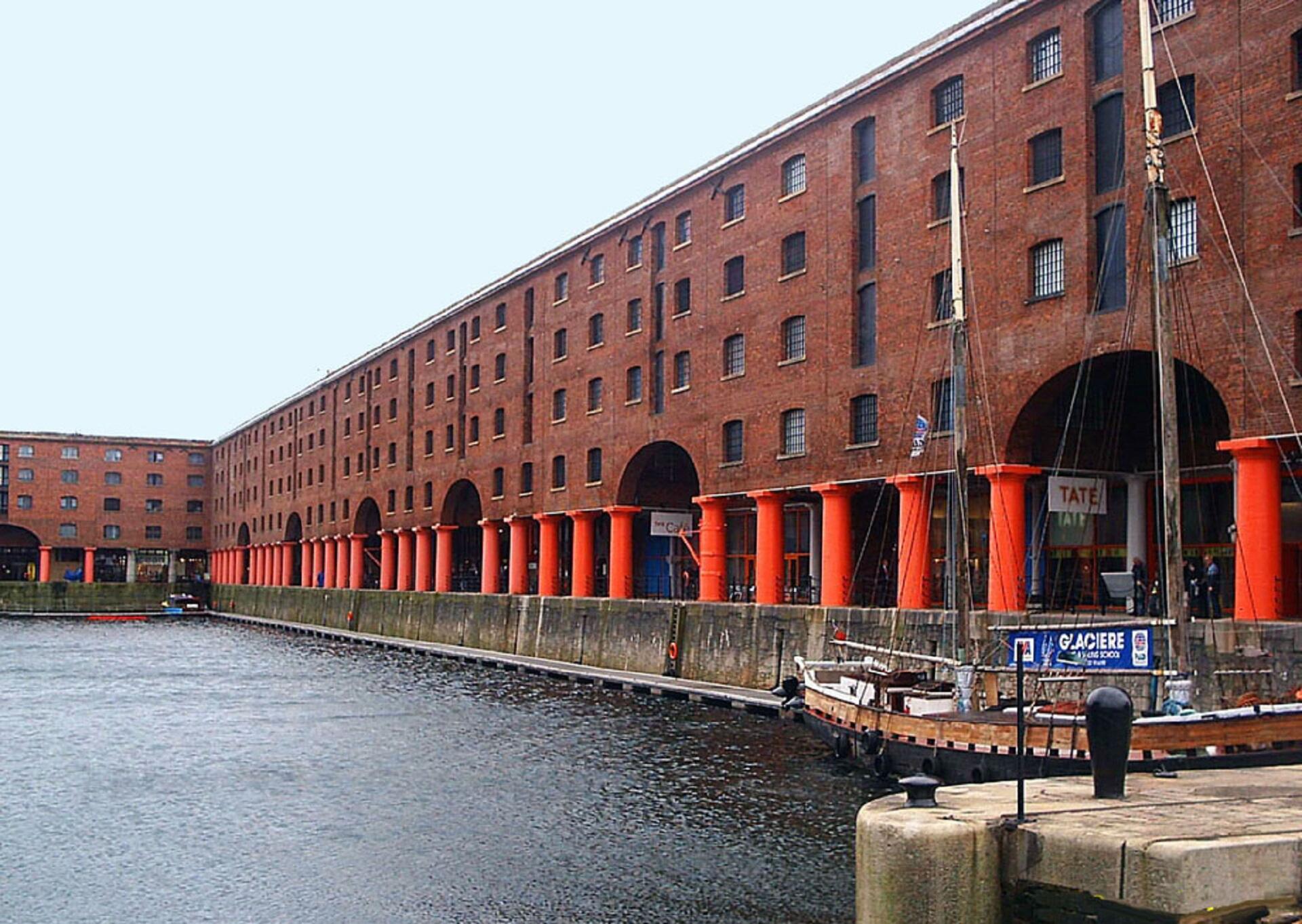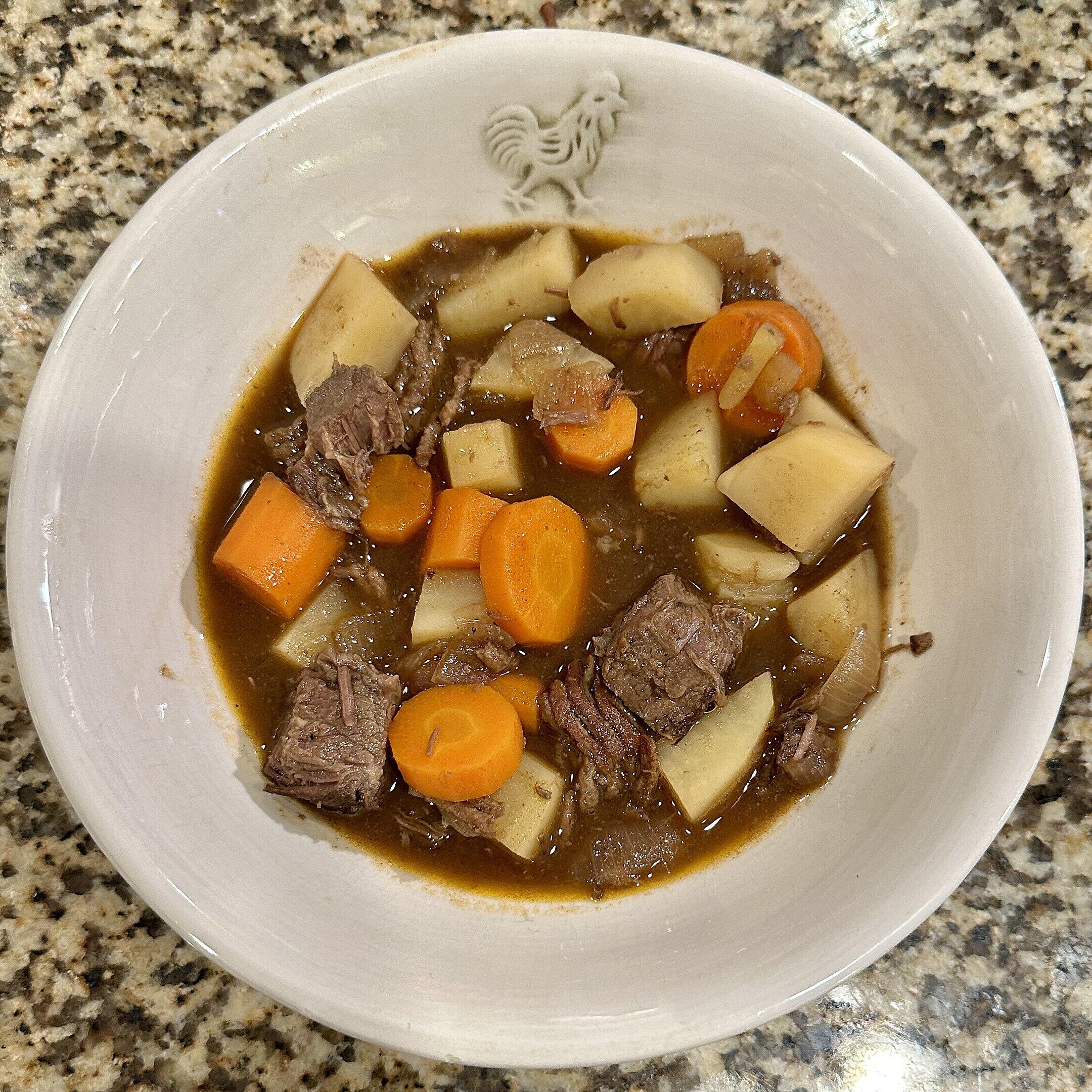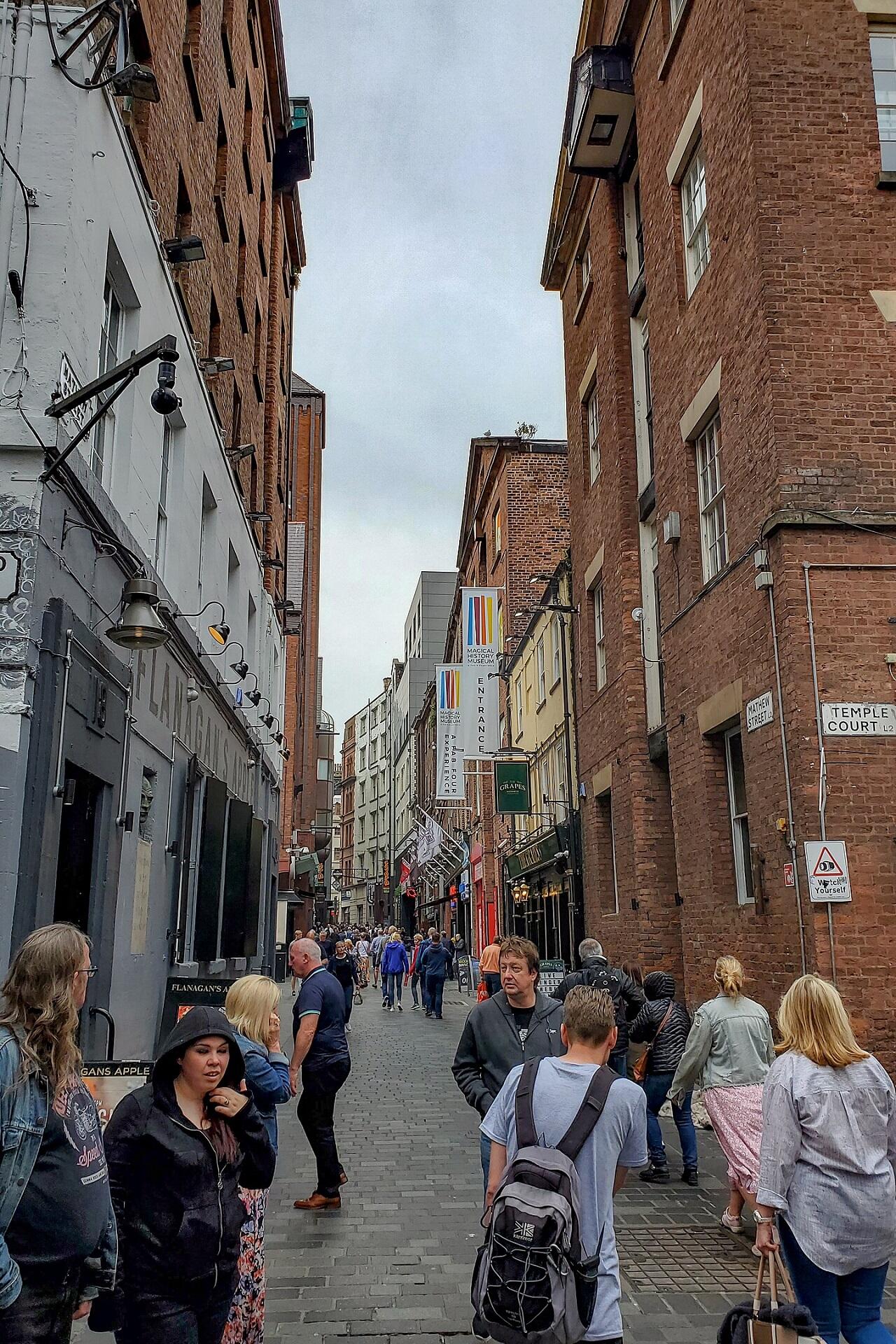Last year, a baby went viral for showing her scouse roots without saying a word. This adorable clip put the Scouse accent in the spotlight, proving she was from Liverpool. But that sassy toddler isn't the first famous person to signal their Liverpudlian bona fides with their accent. Around the world, scouse is known as the accent of the Beatles - arguably, the most famous group in the history of music.
What to Know About the Scouse Accent
- It gets its name from a thick soup called lobscouse.
- It bears influence from Welsh, Irish, and Scandinavian sailors.
- Scouse has a lilting, musical, happy sound.
- It is one of the hardest British accents to master, but it ranks among the favourites.

👶The Scouse Accent Baby
We could hardly tease you with a bit about a cute baby babbling scouse accent and not show you the clip in question. Besides, this conversation makes a fine introduction to our topic, as both the baby and the caregiver are speaking scouse. Of all the accents you hear across Britain, this is one of the most distinctive. Keep that in mind as you enjoy this exchange!
@itvnews A video of a baby appearing to have a ‘scouse accent’ has gone viral on social media. The original clip has been viewed more than 19 million times. #itvnews #liverpool ♬ original sound - itvnews
The baby has mastered this dialect's down-up tones for the ending sentences. Indeed, we hear them better in her babbling than in the minder's speech. By contrast, the adult's speech patterns feature more aspects of the Welsh accent, like the mid-tone sentence endings.
You can also hear the Irish brogue's distinct patter in the way the speaker pronounces vowels, which the baby mirrors. Note the U-sound as they say 'bum', for example. This 'square-nurse merger', a type of vowel shift - making a vowel sound like a different one, is most pronounced in that instance.
🚢 Where Does the Scouse Accent Come From?
Like the Scottish accent and dialects, scouse has its roots in Old English. However, it didn't get its pleasant lilting tone until sometime in the late 1700s.

Located on the Mersey Estuary, Liverpool was a natural place for industry and international trade to take hold. The area became a hub as the First Industrial Revolution ramped up, with ships from around the world docking and offloading cargo. All that activity called to workers far and wide who wanted (needed!) to cash in.
Opportunities in Liverpool were there for the taking, but those takers had to uproot themselves and make their homes in a new town. They came from all parts, but especially from Ireland and Wales. They brought their speaking tones and vocabulary with them.
Scandinavian mariners, and the ones who stayed to become dockworkers, contributed to the scouse accent, too. You can hear their input in the flat vowel sounds and dropped letters (G and H, in particular).
A prominent linguist thinks the scouse accent is nasal because everyone had a stuffed-up nose.
Scouse has a distinct nasal quality to it that doesn't come from Welsh or Scandinavian languages, and certainly not the Irish dialect. The linguist George Knowles suspects it was because health standards were poor in those days. The city's damp maritime climate probably had something to do with it, as well. He believes that most people kept a cold or runny nose, which affected the way they talked.
Newcomers imitated that nasal sound, thinking that was just the way people talked in Liverpool. Over time, the nasal sound did become the scouse norm. Today, people in that area speak with a nasal inflection, without even thinking about it.

What About That Soup?
As noted in this article's introduction, the scouse accent is named after a thick soup. The word 'scouse' a short form of 'lobscouse'; nobody knows exactly where that word came from. It seems to relate to names for stews in four different Nordic countries:
Danish
labskovs or
skipperlabskovs
Low German
labskaus
Norwegian
lapskaus
Swedish
lapskojs
They're all spelt differently but they sound the same. It's likely that, being neighbouring countries, migrants brought the word with them as they settled in new regions. They probably brought soup's recipe, too. What we do know for sure is that sailors from those countries who docked in Liverpool ate it all the time.
That presents the somewhat distasteful idea that 'scouse' might have started as an insult against foreigners. This is another theory that has no proof to support it. But we do know that people who ate that soup were called 'scousers'.
Starting in the 1800s, Liverpudlians were eating scouse at home and in pubs.
The soup was cheap and easy to make, and it was filling. It became a staple dish of British seafaring families, who likely first ate it while docked in one of those Nordic countries. They brought the recipe home, added their own twist to it, and made it standard fare across Merseyside.
👩🎓How to do a Scouse Accent
The National Trust credits Liverpool for giving Britain a tasty, satisfying dish. The Trust's appreciation for the scouse accent is more muted but it's there, nevertheless.
As noted in the introduction, Liverpool English is the British accent Britons love to hate. We love it because it sounds so pleasant and musical. We hate it because it's so hard to master. But it doesn't have to be; the easiest part is the scouse accent's lilting tone.
Usually, when English speakers end a sentence, they drop the tone. When we ask a question, we raise the end tone. For scouse, aim between the two - or, more specifically, do them both. First, drop the tone, then send it swooping upwards, as the baby does so well in the Tiktok above. Once you've got that sound down pat, you can iron it out to make it a 'middle' tone.

With the accent's overall rhythm in the bag, you're ready to try out individual letters' sounds. Follow these instructions to become a scouse master. 🧙♂️
NOTE: 'R' is not pronounced unless a vowel follows it. ('raise' - 'r' is pronounced; 'father' - 'r' is silent.)
Otherwise, /t/ sounds at the start of words (toast, tea) and in the middle of words becomes 'ts', like you're putting a lot of emphasis on that 't'. (tsoast, tsea). The 'ts' sound may also feature at the end of words (waits).
The scouse accent is famous for dropping the 'H' sound, but then, that's a pretty standard practice across British accents. In fact, the London accent is famous for dropping the H if it appears at the start of a word. There as in Liverpool, 'house' becomes 'ouse' and 'hammer' turns into 'ammer'. The same type of shortcut happens with scouse vowels.
Written instructions are handy for reference, but hearing how native speakers make those sounds is the better tool for mastery, by far. This clip is full of famous people speaking in the scouse accent.
😎The Scouse Accent and Slang Words
After reading all about it and hearing examples, you're ready to put all that information to work. You'll find no better way to do so than learning scouse slang words and phrases. Try saying these in scouse.
| 📖Word | 🎯What it means | 🤔How to use it |
|---|---|---|
| Angin | disgusting | That show's proper angin! That food smells angin! |
| Antwacky | antique, old, out of fashion | Your shoes are proper antwacky! Antwacky clobber's making a comeback. |
| Baltic | cold | This wind's right baltic! Don't forget your coat, it's proper baltic out there! |
| Bevvy | an alcoholic drink | That pub's got boss bevvies. Fancy a bevvy, lid? |
| boss | brilliant, excellent | Our trip was boss! Boss response, lid. You shut him right down. |
| Clobber | clothing | Where's your clobber from, luv? Don't shop there, they got angin clobber! |
| Devoed | devastated or disappointed. | Proper devoed over my GCSE results, mate. Devoed, child! He left 3 weeks ago an hasn't been back. |
| Divvy | an insult | That wool's a proper divvy, begging money from everyone! That divvy scally made off with me wallet! |
| Giz | give us (give me) | Giz a hit off your bevvy, yeah? Giz a look at that vid! |
| Jarg | counterfeit, fake | Too much jarg on Twitter for me! That bag in't Gucci, it's jarg! |
| Kecks | trousers | I wore top kecks and still didn't get the job! I got these boss new kecks from me mum for my birthday. |
| Lid | mate | A-ight, lid? Had a boss time with me lid the other night. |
| Made up | very pleased | I'm right made up, I got into uni! I'm made up over Matt's invite! |
| Ozzy | hospital | After a bit in the ozzy, i was back to meself. Can't come out, me gran's in the ozzy. |
| plazzy | showy, fake | That ring's so plazzy! Devoed he was nothing but plazzy. |
| Scally | a mischievious child | I was a proper scally when I was younger. Street's full of scallies, these days! |
| Wool | a non-scouser particularly people from nearby town. | Don't mind 'er, she's a wool. What these wools want with our docks? |
The best part about this delightful accent is how more people (wools!) in the region are embracing it. Like the migration patterns of old that gave us lobscouse soup, scouse words and phrases are making their way into neighbouring regions. The musical patter is a natural add-on.
This Liverpool accent is also called Merseyside English.
Greater Manchester lies just east of the Merseyside region.
In fact, the Mancunian accent isn't so different from scouse. More specifically, thanks to Liverpool's and Manchester's closeness, people who have moved from the port city to Manchester brought their scouse with them. Over time, scouse slang words and sounds have made their way into Manchester's speaking patterns.
Summarise with AI:















